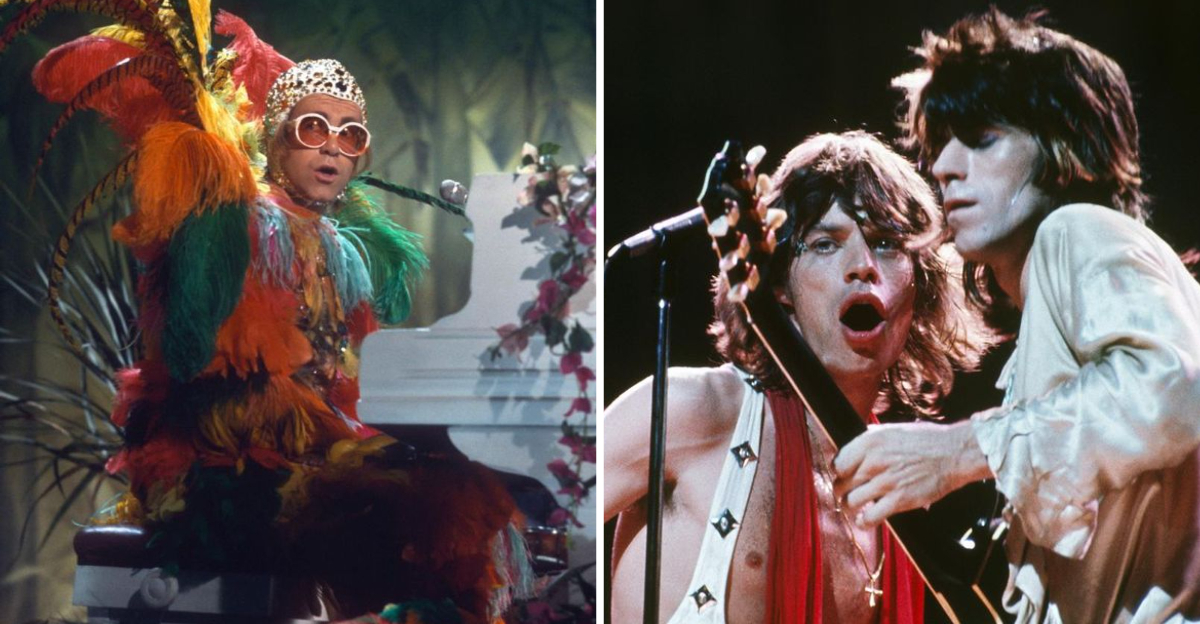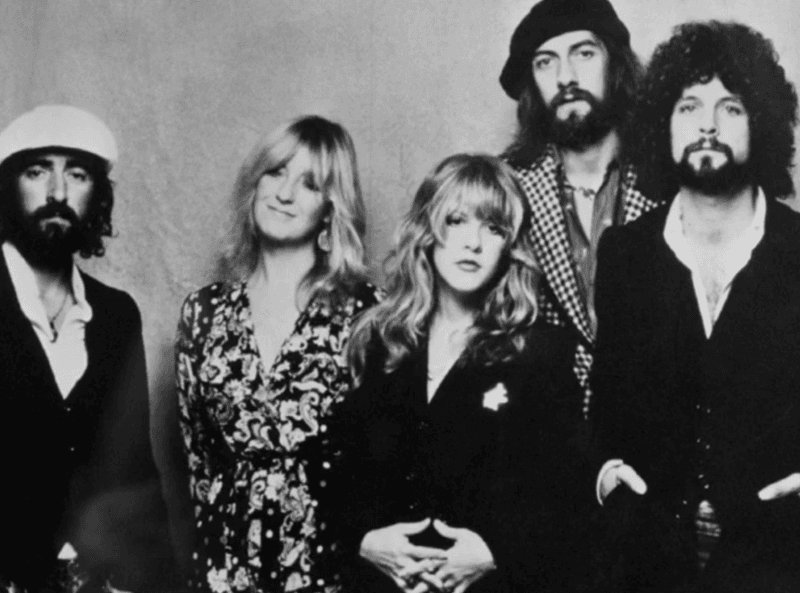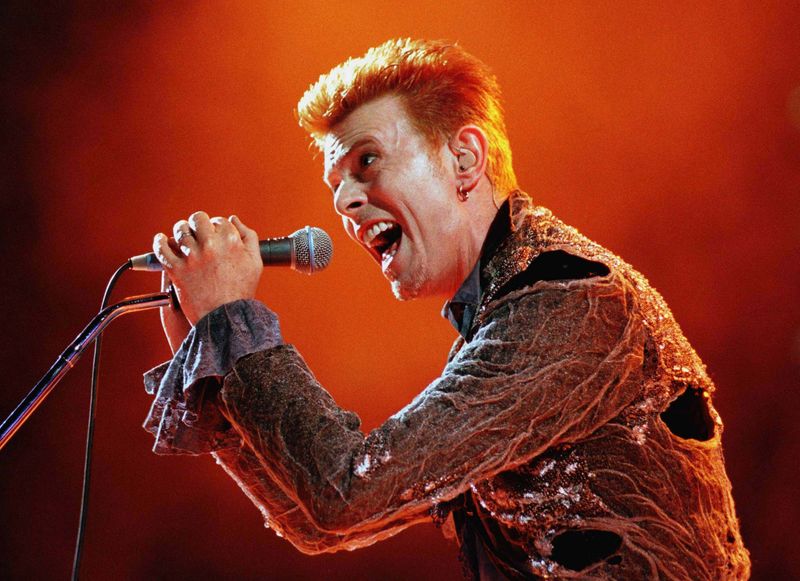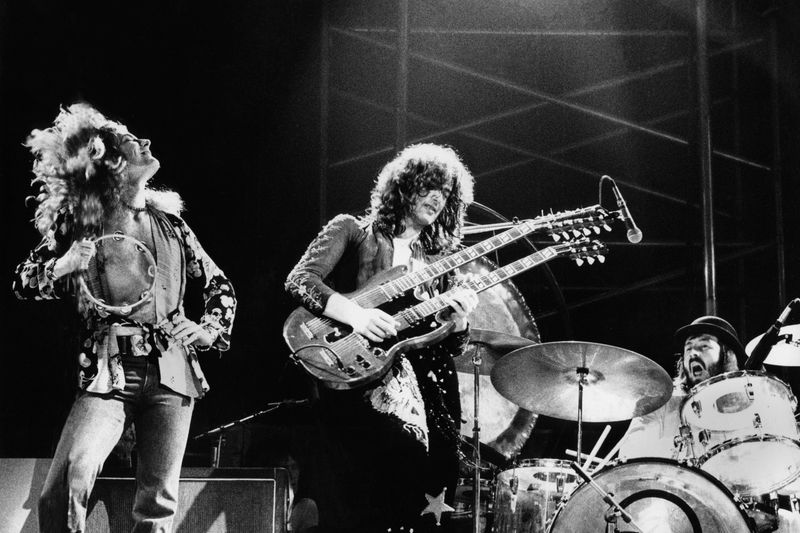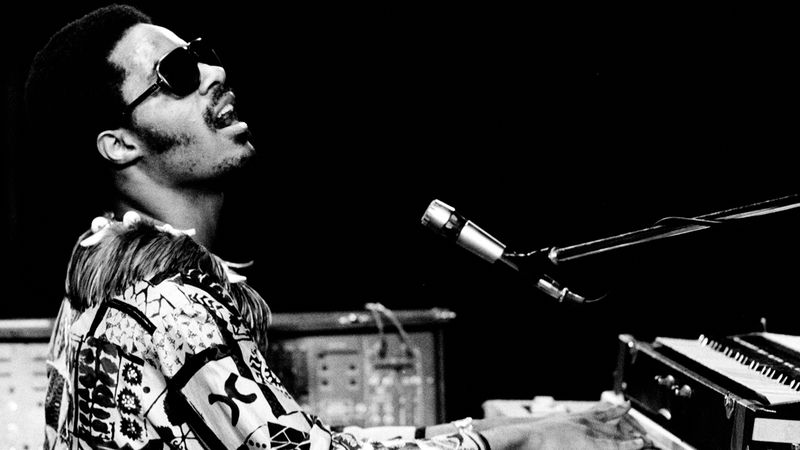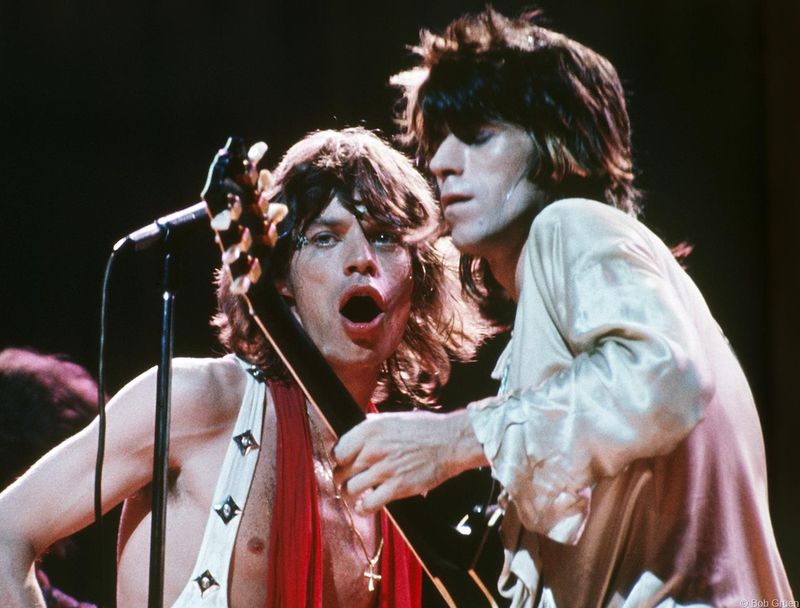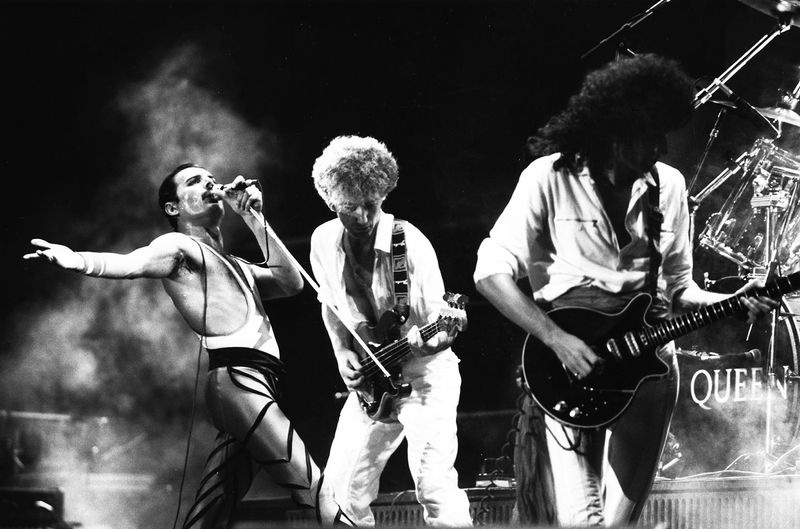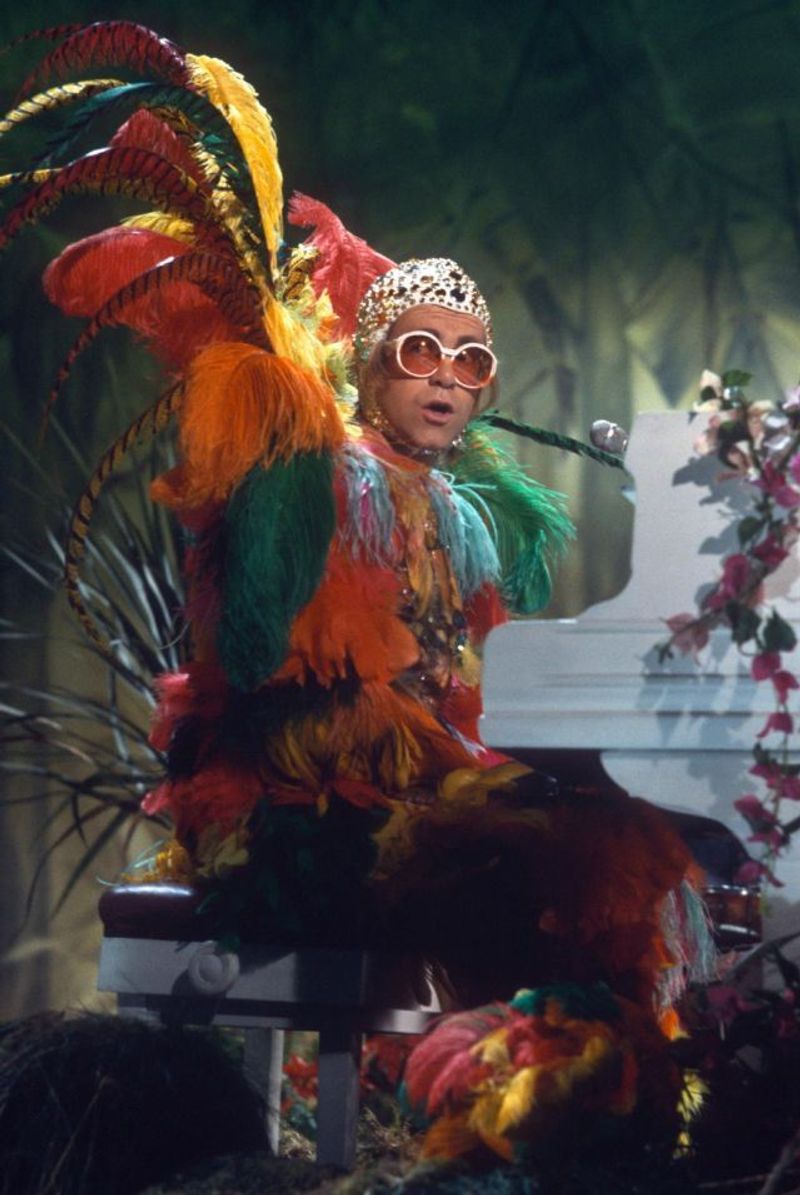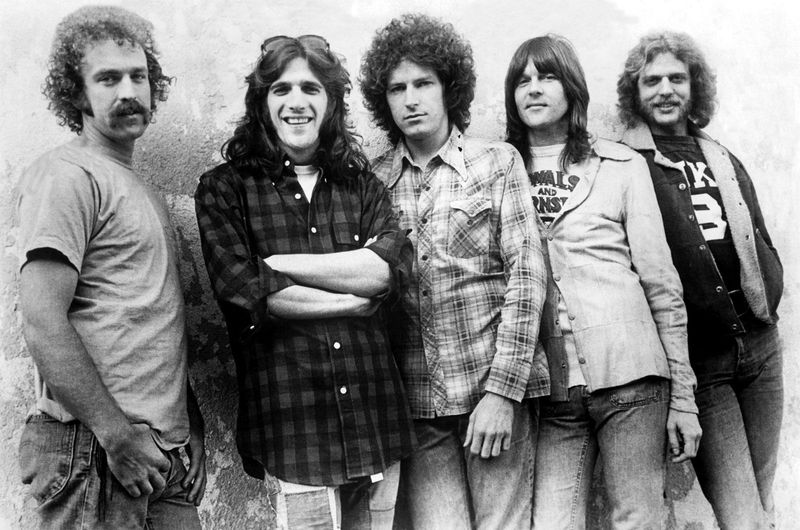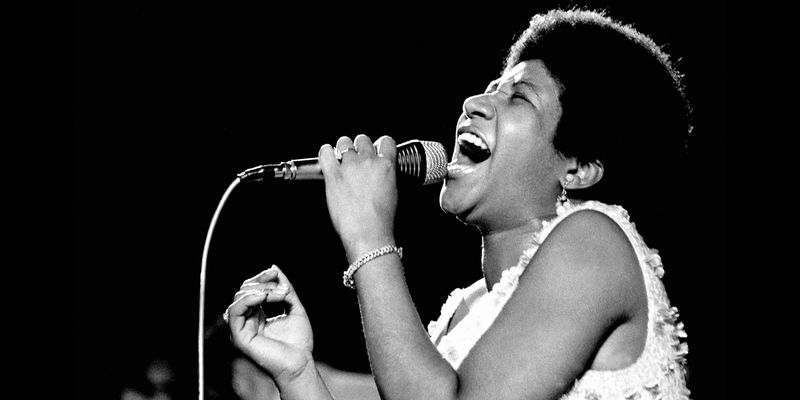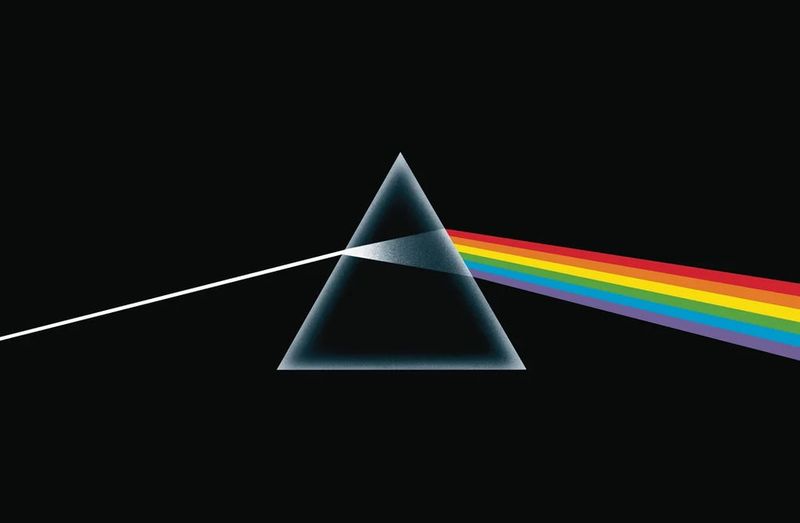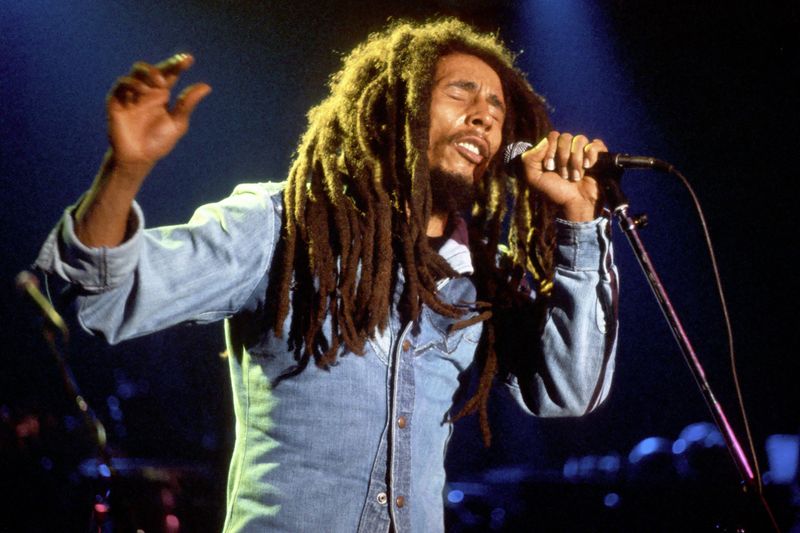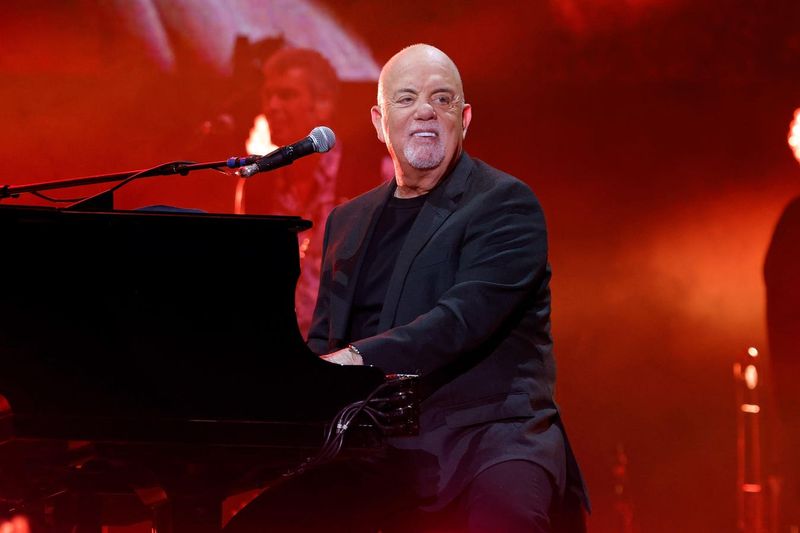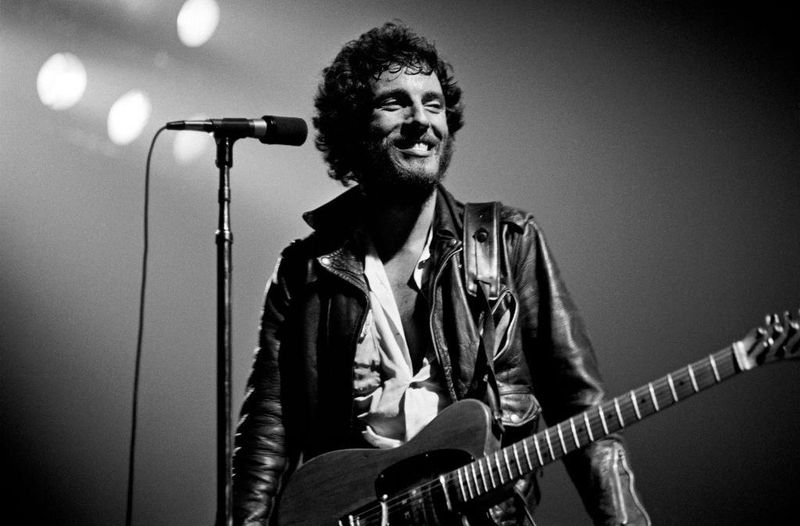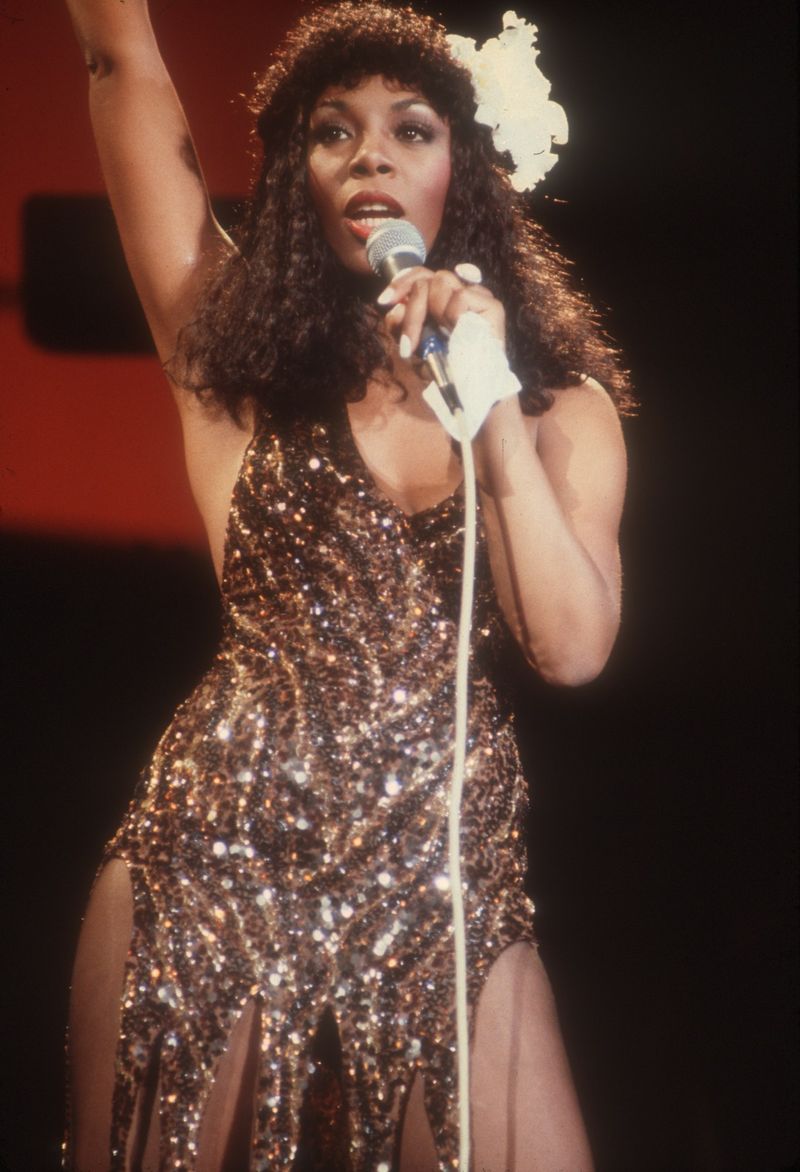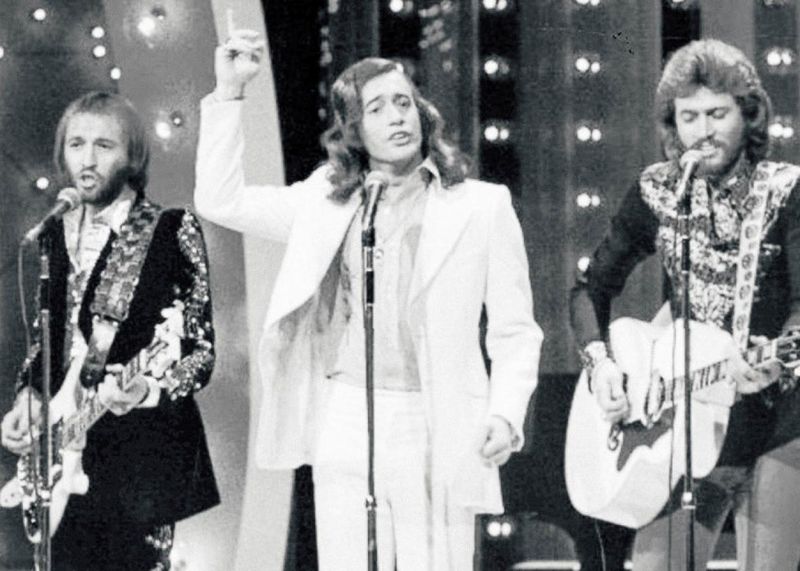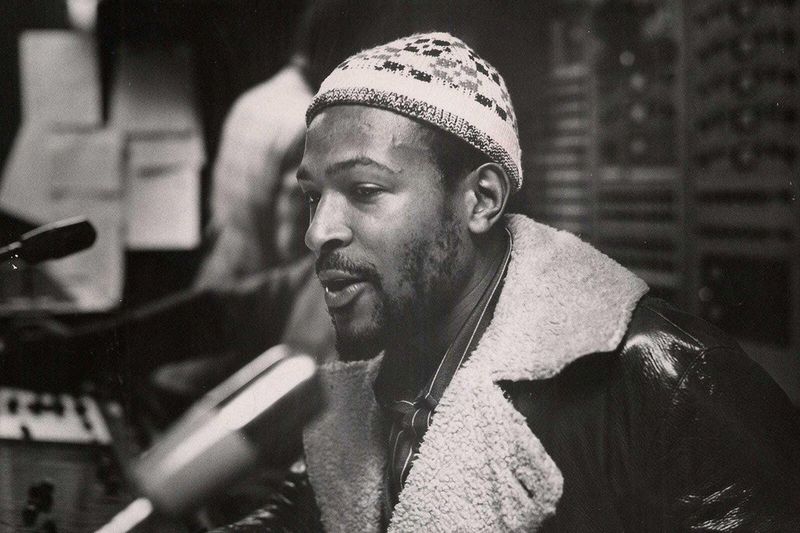The 1970s birthed some of music’s most unforgettable voices and sounds. These artists crafted songs that somehow feel both perfectly of their time and completely timeless. Even as we cruise through 2025 with AI-generated tracks and virtual concerts, these musical pioneers from bell-bottom days continue to dominate our streaming queues and influence today’s hitmakers.
1. Fleetwood Mac’s Enchanting Drama
Behind every Fleetwood Mac hit lies real heartbreak and complicated love—perhaps why their music still connects so deeply with listeners today. Their album “Rumours” remains a blueprint for turning personal chaos into musical gold.
Stevie Nicks’ mystical persona continues captivating new generations who discover her twirling on TikTok or through Taylor Swift collaborations. The infectious bass line of “The Chain” and dreamy synths of “Dreams” regularly appear in remixes and samples.
Their music feels like emotional time travel—simultaneously vintage and current—explaining why they consistently rank among Spotify’s most-streamed legacy acts nearly five decades later.
2. David Bowie’s Shape-Shifting Legacy
The Starman left Earth physically, but his musical innovations orbit us daily. From glam rock to electronic experimentation, Bowie’s fearless reinventions taught musicians that evolution isn’t just possible—it’s essential.
His androgynous aesthetic broke gender norms decades before mainstream conversations caught up. Modern fashion designers still reference his Ziggy Stardust jumpsuits and Thin White Duke sophistication in runway collections.
Bowie’s songs remain playlist staples because they somehow sound both perfectly 70s and mysteriously futuristic. “Heroes” still serves as an anthem of hope, while “Life on Mars?” continues baffling and delighting new listeners with its theatrical oddity.
3. Led Zeppelin’s Thunderous Influence
The hammer of the gods still pounds through speakers worldwide. Led Zeppelin’s blend of blues, folk, and heavy metal created the DNA for countless rock bands that followed.
Robert Plant’s wailing vocals and Jimmy Page’s innovative guitar work established techniques still studied by aspiring musicians. Their mystical lyrics referencing Tolkien and Norse mythology connected with fantasy fans long before Game of Thrones made dragons mainstream.
Beyond the overplayed “Stairway to Heaven,” tracks like “Kashmir” and “Immigrant Song” regularly appear in film soundtracks and commercials. Hip-hop producers sample their thunderous drum breaks, ensuring Bonham’s beats live forever in unexpected places.
4. Stevie Wonder’s Sonic Innovations
A musical genius who redefined what one artist could accomplish. Wonder’s masterpiece albums from the 70s—particularly “Songs in the Key of Life”—remain sonic textbooks for producers and songwriters studying perfect arrangements.
His pioneering use of synthesizers helped bridge soul music with electronic sounds. The funky clavinet riff on “Superstition” gets instantly recognized across generations, while “Isn’t She Lovely” continues soundtracking life’s joyful moments.
Wonder’s songs tackle social justice themes that unfortunately remain relevant today. His technical virtuosity combined with emotional depth creates music that satisfies both casual listeners and serious musicians—explaining why his streams continue climbing even as musical trends evolve.
5. The Rolling Stones’ Endless Tour
Keith Richards seemingly discovered immortality somewhere between guitar riffs. The Stones defy aging not just physically—their music remains eternally cool, with tracks like “Brown Sugar” and “Start Me Up” soundtracking everything from sports highlights to luxury car commercials.
Mick Jagger’s distinctive strutting and pouting created the template for frontman performance that rock singers still emulate. Their bluesy roots and raw production quality offer refreshing authenticity in an era of overprocessed digital sounds.
The band’s tongue logo ranks among the most recognizable symbols in pop culture. Despite releasing their first album over 60 years ago, the Stones continue selling out stadiums worldwide—a testament to their music’s enduring appeal.
6. Queen’s Theatrical Rock Revolution
Freddie Mercury’s four-octave vocal range still sends chills through listeners discovering Queen for the first time. Their genre-blending approach—mixing opera, hard rock, disco, and vaudeville—created songs that defy categorization and aging.
“Bohemian Rhapsody” continues breaking streaming records whenever new generations discover its dramatic brilliance. The stomp-stomp-clap of “We Will Rock You” remains stadium anthem royalty, while “Don’t Stop Me Now” energizes movie soundtracks and workout playlists.
Brian May’s distinctive guitar tone and Mercury’s flamboyant showmanship established a visual and sonic identity instantly recognizable decades later. Their music video innovations helped shape MTV culture before the channel even existed.
7. Elton John’s Glittering Piano Magic
The Rocketman’s musical journey spans from tender ballads to glam rock stompers. His partnership with lyricist Bernie Taupin created some of music’s most enduring stories—from the poignant “Tiny Dancer” to the autobiographical “Goodbye Yellow Brick Road.”
Elton’s flamboyant fashion sense and oversized glasses became as iconic as his piano playing. His melodic gifts shine through even on streaming platforms, where songs like “Your Song” and “Rocket Man” remain perennial favorites among listeners seeking emotional depth.
His successful collaborations with modern artists have introduced his catalog to younger audiences. The biographical film “Rocketman” further cemented his legendary status, explaining why his farewell tour stretched years beyond its planned conclusion.
8. The Eagles’ California Sound
Something magical happens when “Hotel California” comes on—everyone suddenly remembers all the lyrics. The Eagles crafted the perfect soundtrack for American highways with their blend of country rock, tight harmonies, and stories of love and disillusionment.
Don Henley and Glenn Frey’s songwriting partnership captured both the promise and disappointment of the American Dream. Their meticulous studio perfectionism created recordings that sound as crisp today as when they were made.
Beyond their mega-hits, deep cuts like “Desperado” and “Lyin’ Eyes” continue resonating with listeners seeking musical storytelling. Their influence extends through country, rock, and Americana genres, with modern artists still chasing that effortless Eagles harmony blend.
9. Aretha Franklin’s Soulful Reign
The Queen of Soul’s voice remains the gold standard against which all powerful singers are measured. Franklin’s ability to convey complex emotions through vocal runs and perfectly placed emphasis continues inspiring vocal competitions and karaoke attempts worldwide.
Her signature songs transcend mere entertainment to become cultural touchstones. “Respect” evolved from relationship anthem to feminist battle cry, while “(You Make Me Feel Like) A Natural Woman” captures feminine power in ways that still resonate.
Franklin’s piano playing often gets overshadowed by her vocal prowess, but her musical arrangements showcase complete artistry. Her gospel roots shine through even her most commercial recordings, adding spiritual depth that explains why her music feels so timeless.
10. Pink Floyd’s Mind-Expanding Journeys
“Dark Side of the Moon” isn’t just an album—it’s a rite of passage. Pink Floyd created musical experiences rather than mere songs, with concept albums that reward attentive listening from start to finish.
Their experimental soundscapes incorporating unusual effects, spoken word samples, and progressive song structures influenced everything from metal to electronic music. Roger Waters’ philosophical lyrics questioning capitalism, mental health, and conformity remain relevant in our algorithm-driven world.
David Gilmour’s guitar solos on tracks like “Comfortably Numb” achieve something rare—technical brilliance that serves emotional expression rather than mere showing off. Their album art became as iconic as their music, with prisms and floating pigs instantly recognizable to multiple generations.
11. Bob Marley’s Universal Message
The reggae prophet whose music transcends cultural boundaries. Marley’s songs blend spiritual depth with political awareness, creating anthems that feel simultaneously relaxing and revolutionary.
College dorm rooms still display his image alongside albums like “Exodus” and “Legend.” His distinctive vocal style and the Wailers’ tight rhythms created a sound instantly recognizable worldwide, with “No Woman, No Cry” and “Three Little Birds” offering comfort across generations.
Marley achieved something remarkable—making music addressing serious social issues while remaining joyful and accessible. His advocacy for unity and resistance against oppression ensures his relevance continues growing rather than diminishing, particularly as younger listeners discover the substance behind his catchy melodies.
12. Billy Joel’s Storytelling Piano
The Piano Man crafts musical short stories populated by characters we all recognize. Joel’s gift for melody combined with narrative lyrics created songs that feel like mini-movies, from the bar regulars in his signature song to the working-class struggles of “Allentown.”
His musical versatility allowed him to swing from doo-wop to hard rock to tender ballads while maintaining a distinctive voice. Joel’s piano technique bridges classical training with rock energy, creating instrumental hooks as memorable as his choruses.
His songs about ordinary people facing life’s challenges continue connecting with listeners navigating their own struggles. The nostalgic “Vienna” has found particular resonance with younger generations feeling pressured to achieve everything immediately in our fast-paced world.
13. Bruce Springsteen’s Working-Class Poetry
The Boss captures American dreams and disappointments with unmatched authenticity. Springsteen’s growling vocals and the E Street Band’s wall of sound created rock anthems that somehow feel both massive and intimately personal.
His marathon concerts demonstrate a work ethic matching the blue-collar characters populating his songs. Tracks like “Born to Run” and “Thunder Road” capture youthful restlessness and the desire for escape that resonates across generations.
Springsteen’s music addresses serious topics—economic inequality, war, racial tension—while remaining accessible through powerful choruses and saxophone solos. His detailed lyrical portraits of factory workers, veterans, and dreamers struggling against systems larger than themselves ensure his relevance continues long after the factories he sang about have closed.
14. Joni Mitchell’s Poetic Genius
A songwriter’s songwriter whose influence extends far beyond her commercial success. Mitchell’s unconventional guitar tunings and jazz-influenced chord progressions created songs impossible to categorize but instantly recognizable as hers alone.
Her lyrics blend personal confession with poetic observation, particularly on the masterpiece album “Blue.” Songs like “River” and “A Case of You” continue soundtracking heartbreaks and healing journeys for listeners seeking emotional depth beyond typical pop formulas.
Mitchell’s painterly approach to songwriting—creating detailed scenes with minimal words—influenced generations of folk and indie artists. Her recent health challenges and rare public appearances have only enhanced appreciation for her genius, with streaming numbers showing younger listeners discovering her catalog through recommendations from artists like Taylor Swift.
15. Donna Summer’s Disco Revolution
The Queen of Disco created dance floor magic that refuses to fade. Summer’s collaboration with producer Giorgio Moroder on “I Feel Love” essentially invented electronic dance music, using synthesizers and pulsing beats that sound remarkably contemporary five decades later.
Her powerful vocals brought emotional depth to disco beyond mere party music. Summer could deliver both sensual whispers and powerful belting, creating dynamic performances that rewarded repeated listening.
Modern DJs regularly sample and remix her catalog, introducing her voice to new generations on dance floors worldwide. Her influence extends through house, techno, and pop music, with tracks like “Hot Stuff” and “Bad Girls” remaining staples at weddings and clubs—proving disco didn’t die, it just evolved.
16. The Bee Gees’ Harmonic Brilliance
Those falsetto harmonies remain instantly recognizable whether you’re 7 or 70. The Gibb brothers created disco’s definitive soundtrack with the “Saturday Night Fever” album, but their musical legacy extends far beyond white suits and dance floors.
Before their disco reinvention, they crafted perfect pop ballads showcasing their tight three-part harmonies. Their songwriting talents extended beyond their own hits—they wrote chart-toppers for Barbara Streisand, Dionne Warwick, and many others.
Modern producers regularly sample their distinctive string arrangements and vocal techniques. Their influence resonates through dance music and boy bands alike, with tracks like “Stayin’ Alive” maintaining cultural relevance through movies, commercials, and fitness classes teaching proper CPR rhythm.
17. Marvin Gaye’s Soulful Conscience
Few artists combined social commentary with sensual groove as masterfully as Marvin Gaye. His landmark album “What’s Going On” addressed environmental destruction, war, and poverty with arrangements so beautiful listeners sometimes miss the urgent messages within.
Gaye’s velvet voice could pivot from political protest to bedroom seduction, creating a catalog that serves multiple moods. “Let’s Get It On” remains the ultimate romantic soundtrack, while “Inner City Blues” speaks to urban struggles still relevant today.
His Motown rebellion—fighting for artistic control to address serious issues—paved the way for future artists demanding creative freedom. Hip-hop producers regularly sample his distinctive basslines and string arrangements, ensuring his musical DNA continues flowing through contemporary sounds.
